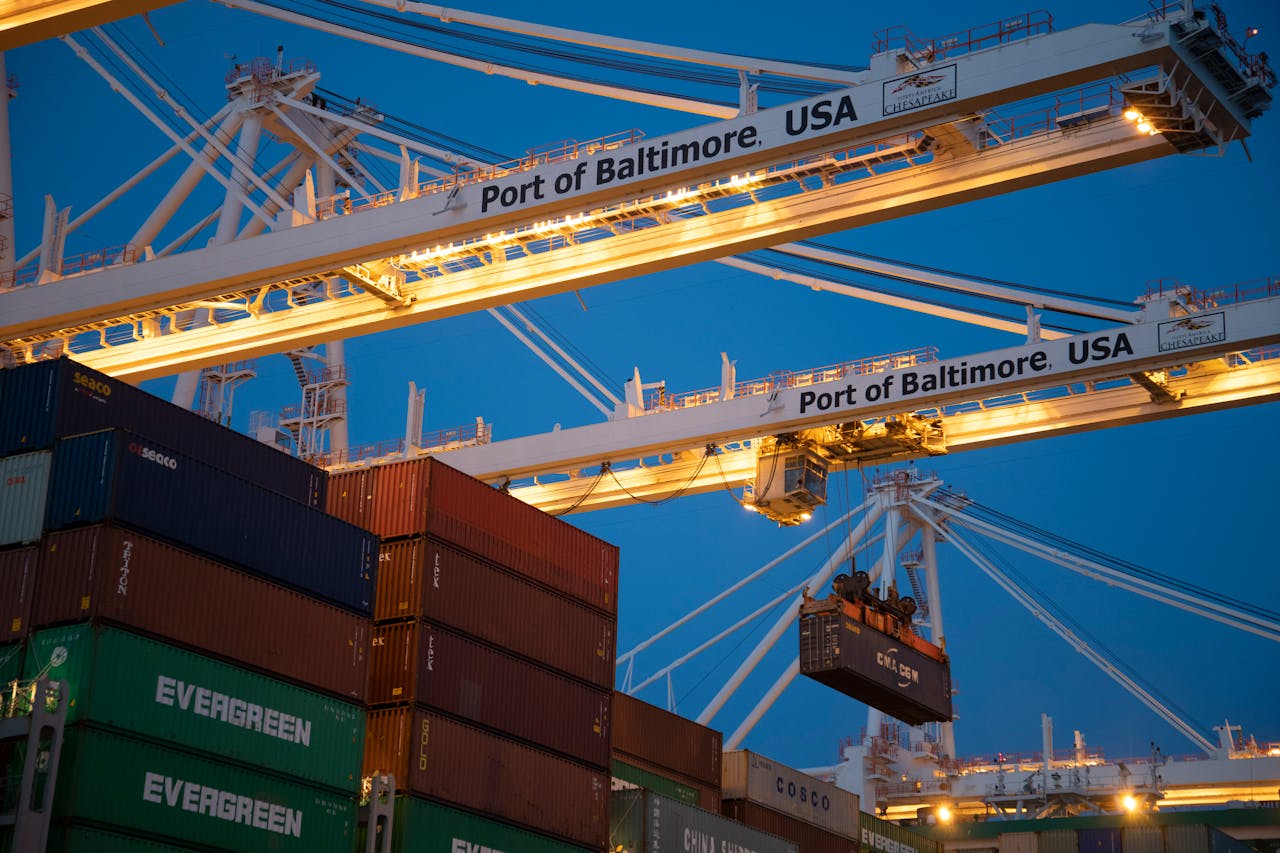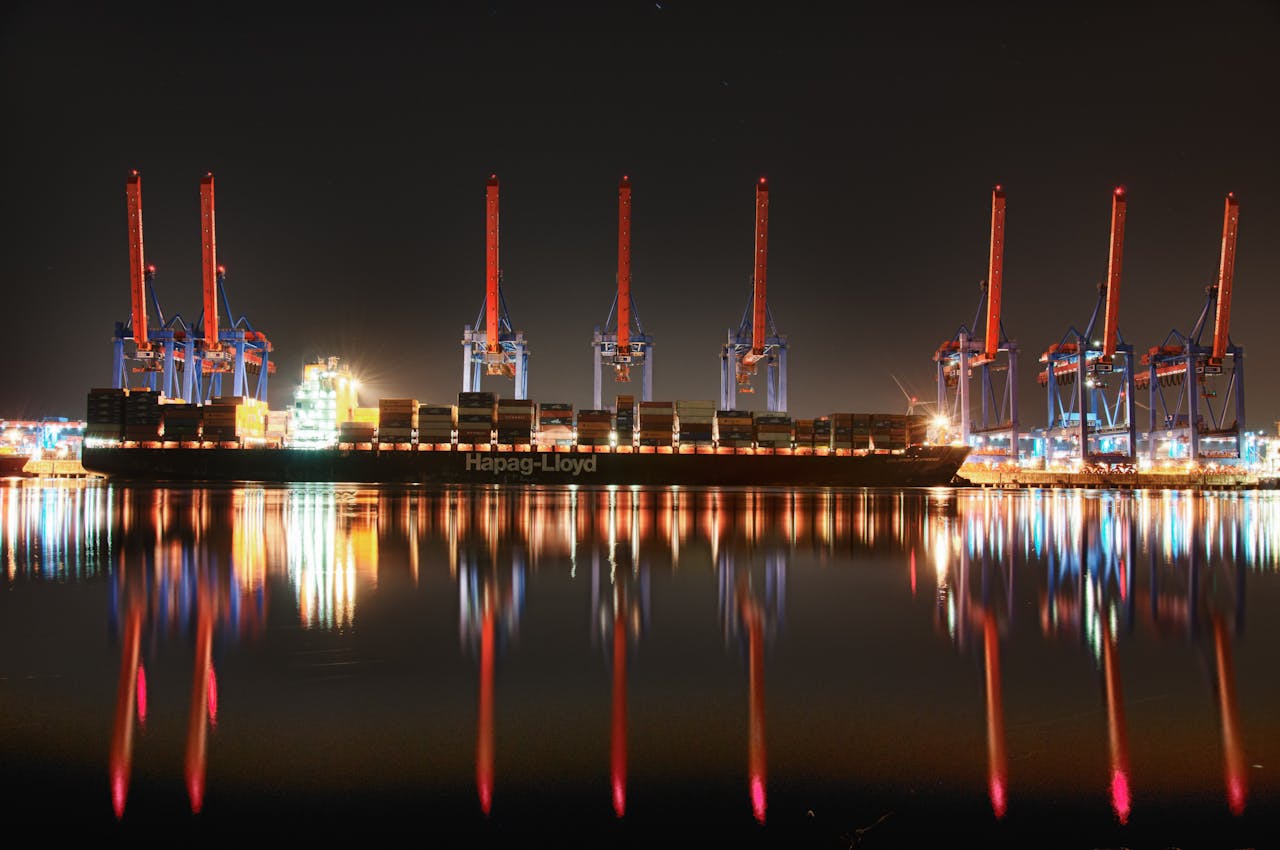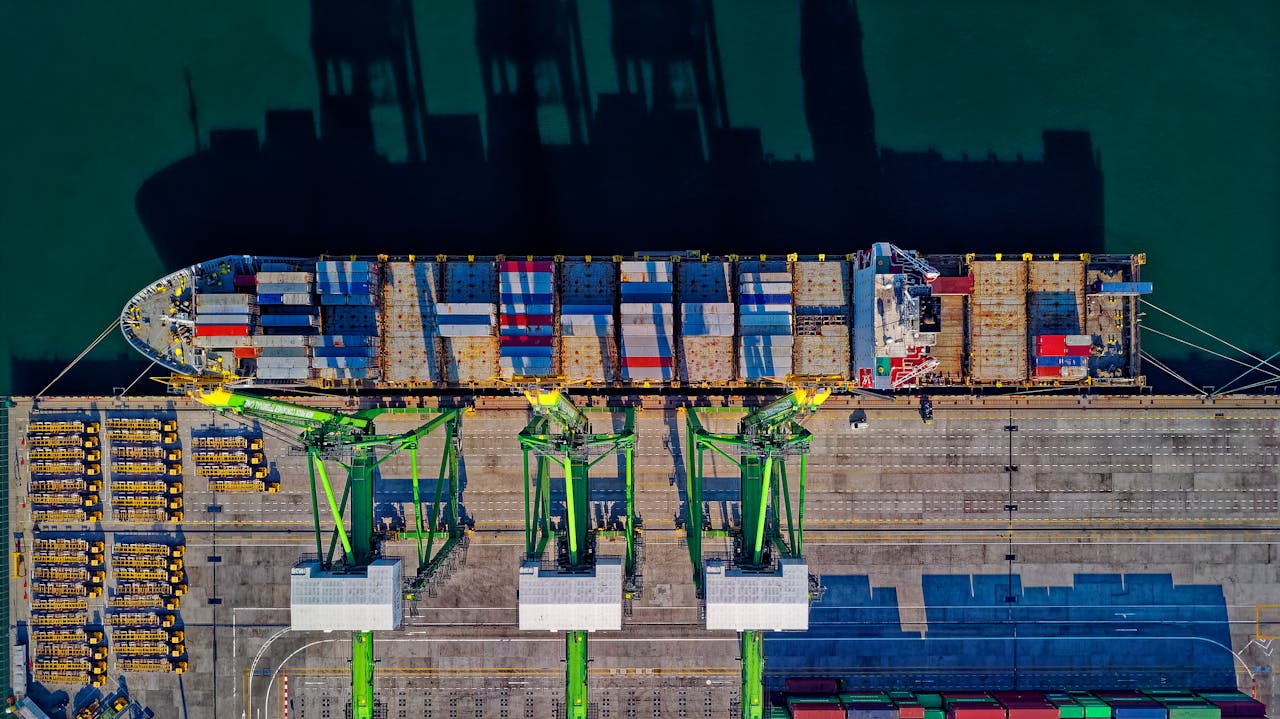Technology is transforming the shipping industry, making it more efficient, reliable, and customer-centric. From automated tracking systems to advanced logistics platforms, technology is revolutionizing the way goods are transported and delivered. Here’s a closer look at the role of technology in enhancing the shipping experience:
Key Technologies:
- Tracking and Monitoring: Real-time tracking systems enable shippers and customers to monitor shipments, predict delivery times, and respond to potential issues.
- Artificial Intelligence (AI): AI-powered logistics platforms can optimize routes, predict demand, and automate tasks, improving efficiency and reducing costs.
- Internet of Things (IoT): IoT devices can track shipments, monitor cargo conditions, and provide real-time updates, enabling proactive issue resolution.
- Blockchain: Blockchain technology can enhance supply chain transparency, security, and accountability, reducing the risk of counterfeiting and other crimes.
- Automation and Robotics: Automated warehouses and robotic sorting systems can streamline operations, reduce labor costs, and improve accuracy.
Benefits:
- Increased Efficiency: Technology can automate tasks, optimize routes, and streamline operations, reducing costs and improving productivity.
- Enhanced Visibility: Real-time tracking and monitoring enable shippers and customers to stay informed about shipment status and potential issues.
- Improved Customer Experience: Technology can provide customers with accurate delivery estimates, real-time updates, and flexible delivery options, enhancing their overall shipping experience.
- Increased Security: Advanced security measures, such as blockchain and IoT tracking, can reduce the risk of theft, tampering, and counterfeiting.
- Data-Driven Insights: Technology can provide valuable insights into shipping patterns, demand, and performance, enabling data-driven decision-making.
Real-World Applications:
- Smart Warehouses: Automated warehouses equipped with robotics and IoT sensors can optimize storage, picking, and shipping operations.
- Predictive Maintenance: AI-powered predictive maintenance can detect potential equipment failures, reducing downtime and improving overall efficiency.
- Real-Time Tracking: Real-time tracking systems can provide customers with accurate delivery estimates and updates, enhancing their shipping experience.
- Automated Customs Clearance: Technology can automate customs clearance processes, reducing paperwork and improving compliance.
Future Outlook:
As technology continues to evolve, we can expect even more innovative solutions to emerge, such as:
- Autonomous Vehicles: Autonomous trucks and drones may become more prevalent, transforming last-mile delivery and reducing labor costs.
- Advanced Analytics: Advanced analytics and machine learning can provide even more detailed insights into shipping patterns and demand.
- Increased Sustainability: Technology can help reduce the environmental impact of shipping, such as optimizing routes to reduce fuel consumption.
By embracing technology, the shipping industry can improve efficiency, enhance customer experience, and stay competitive in an increasingly complex and demanding market.



